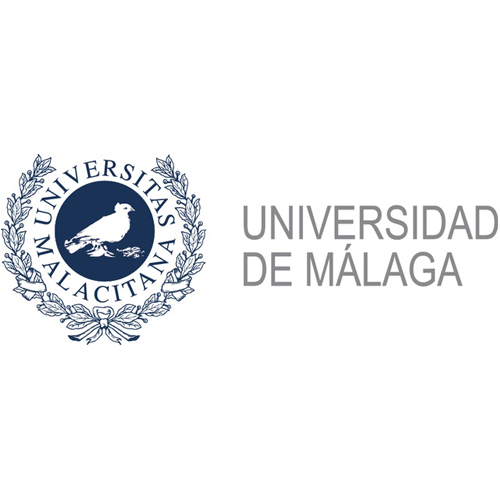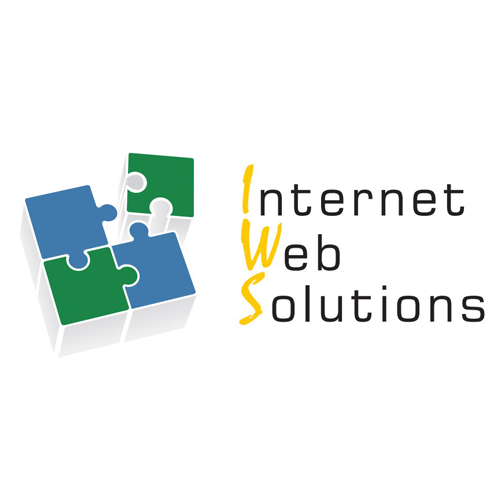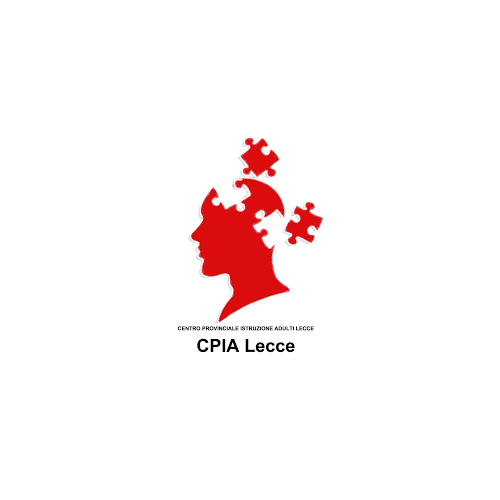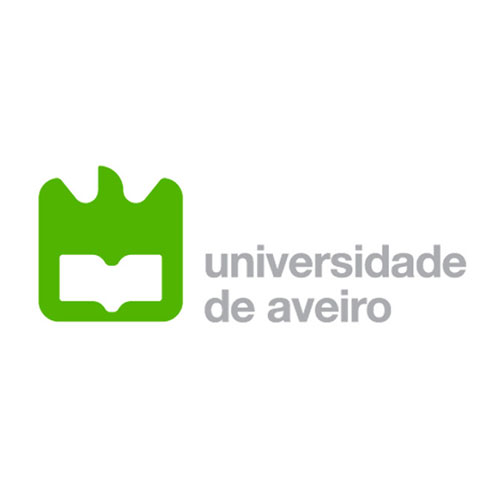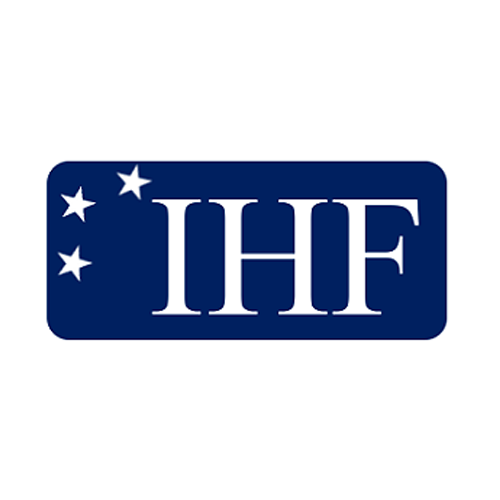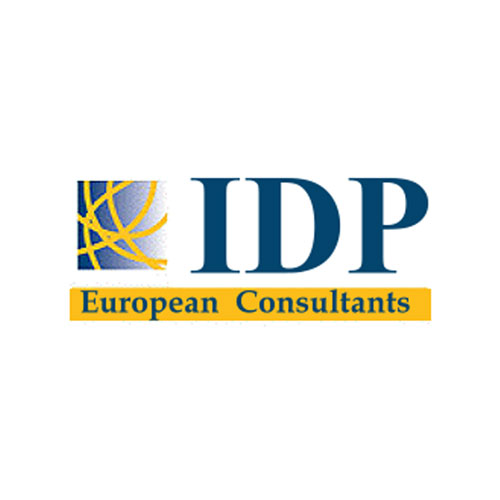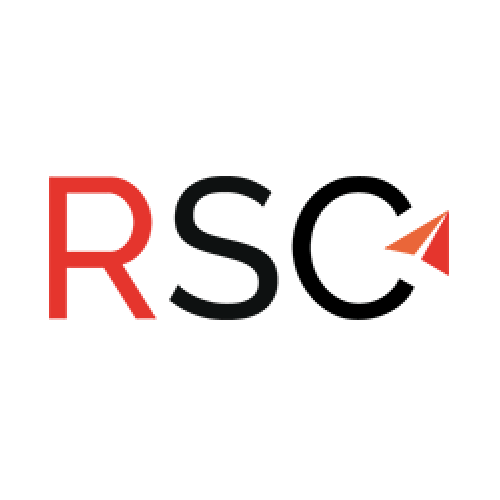Knowledge best practices
Responsible consumption on USE OF RESOURCES
Advanced
Good practices:
Examples of good practices from government initiatives to promote sustainable consumption can be found in the OECD report “Promoting Sustainable Consumption'' which draws on work being done: sustainable buildings and construction (Finland), sustainable public procurement (Switzerland), sustainable tourism (France), education for sustainable consumption (Italy), etc.
The Spanish government already ran in 1978 a TV ad campaign to reduce water and energy use after the first oil crisis: 'Save. Even if you can afford it, Spain can't'. Currently, the 'Ministry of Ecological Transition and Demographic Challenge' is running a campaign with the motto 'Are you waste-aholic?' You can also come out of that’.
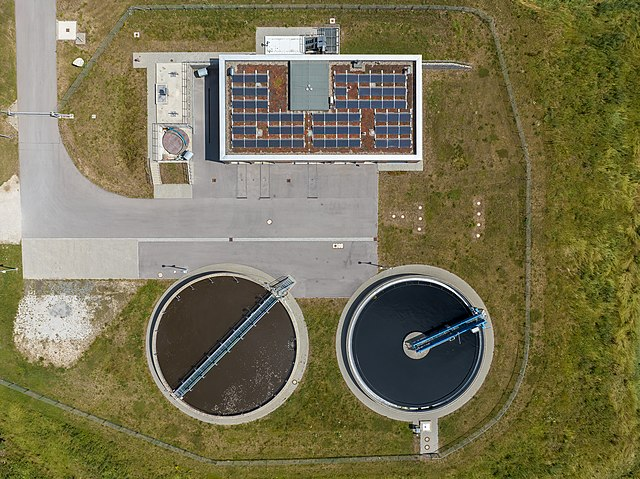 |
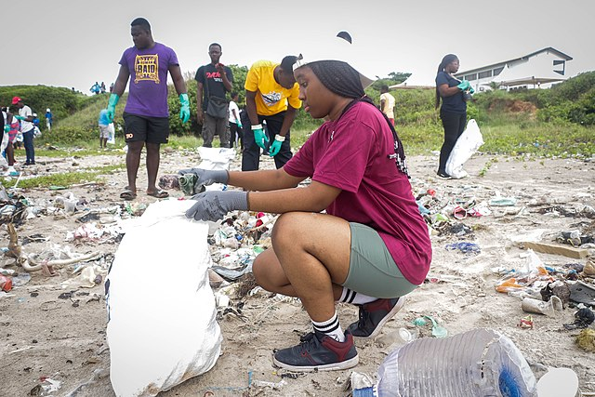 |
SDG Watch Europe campaign ‘Who is paying the bill?’ tries to increase the awareness on negative impacts that European policies and practices produce in the world, taking into account the environmental and social impacts beyond our borders rather than living in the illusion of a low-carbon, resource efficient Europe.
Greenwashing, also known as eco-whitening, is a bad practice consisting of orienting the marketing image of an organisation or company towards an ecological positioning while its actions go against the environment.

Good practices:
Companies as the main protagonists of the change towards a more sustainable production model must incorporate good practices. Some good business practices are pointed out:
- Mercadona, Makro, Carrefour, and other supermarkets and stores apply discounts to food close to its expiration date that are easily distinguished by the coloured stickers indicating the discount percentage.
- Triodos Bank uses the money of savers and investors to finance only social, environmental and cultural projects.
- Endesa's RC4ALL project uses artificial intelligence to achieve responsible energy consumption, generating customised recommendations that improve the efficiency of client consumption.
- Circular Economy in Action is a platform made up of Cosentino, Ecoembes, Faconauto, GM Tecnologías Ferrovial Servicios, IKEA, Mercadona, Oficemen and Sedigas, that aims to make visible circular projects that contribute investment to the economy and generate employment opportunities, thus becoming a lever to establish the foundations for solid growth. Currently, the platform brings 19 circular economy projects which represent an aggregate investment of 9,555 million euros and an estimated employment generation of 4,750 direct jobs in Spain.
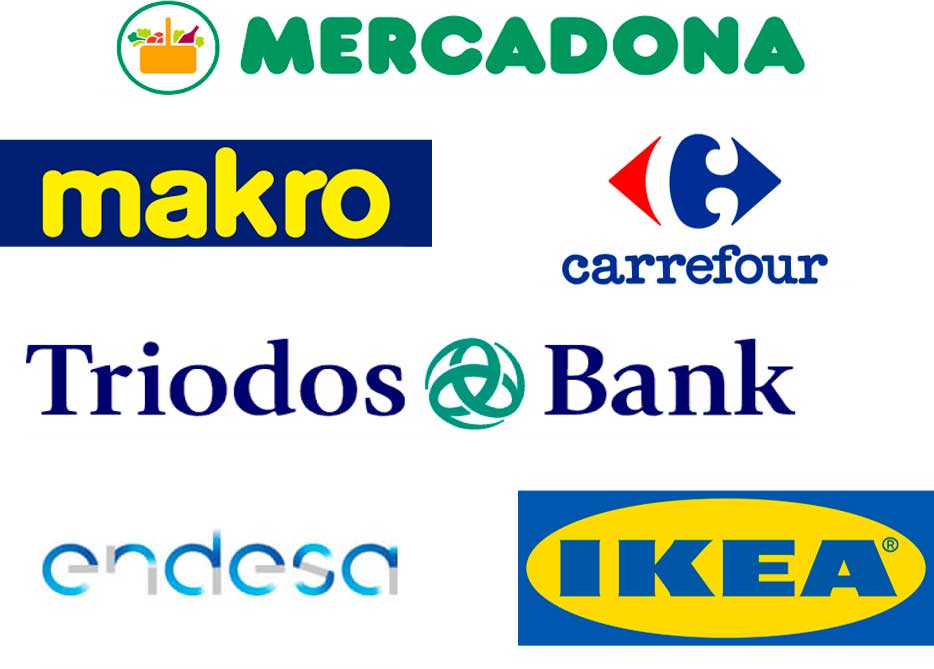 |

Good practices:
Good CR practices are mainly linked to supporting socially responsible companies (SRC) through consumption. There are some signs that can help consumers to identify SRC:
SA 8000 is the most globally accepted independent standard that encourages organisations to develop, maintain and apply socially acceptable practices in the workplace. SA 8000 certification addresses issues including forced and child labour, occupational health and safety, freedom of association and collective bargaining, discrimination, disciplinary practices, working hours, compensation, and management systems.
 |
IKEA IWAY STANDARD: The IKEA vision is to create a better everyday life for the many people. All the companies operating under the IKEA brand and all their suppliers are subject to the IWAY standard, which aims to take care of people, the planet and animals. ‘When people, the planet and animals are treated with respect, workers are more productive, resources are utilised more efficiently, and business thrives. Our customers benefit too –knowing that all goods IKEA sells are produced, transported, delivered and assembled responsibly and that suppliers of our stores, customer touchpoints and production sites maintain good social, environmental and animal welfare conditions, at all stages of the IKEA value chain’.
RE-SHOPS FROM CARITAS: Caritas Internationalis is a confederation of 162 Catholic relief, and social organizations whose mission is to work especially for the poor and oppressed. In Spain, Caritas has developed a chain of second-hand stores for collecting, re-sell and recycle textiles, with the purposes of promoting access to the labour market for people at risk of exclusion; managing and dignifying social delivery to families with limited resources; and giving the collected clothing the best treatment, respecting the waste hierarchy.
Awareness programs 5Rs for kids and adults: an example of company focused on the design and development of actions to move the awareness about sustainability is Ecoideas Consultoria that carries out education programmes for schools, institutes and citizens that beyond learning what and how implement 5Rs, “do it” with participants in short sessions in practice.

Good practices:
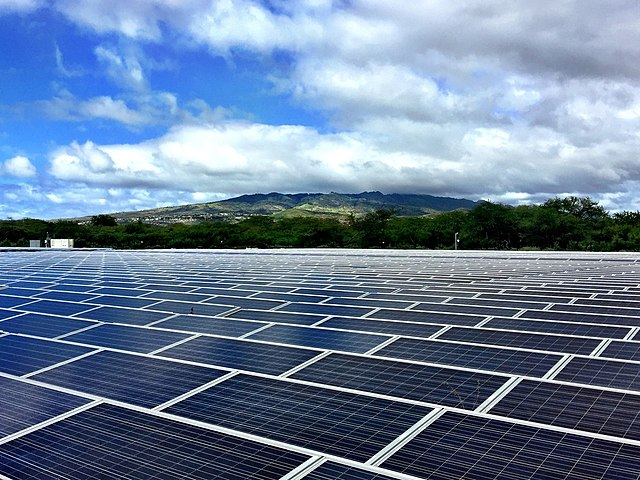 |
EU for solar panels: In December 2022, Parliament voted in favour of making that new buildings have solar panels mandatory for EU countries to ensure that permits to install solar energy equipment on buildings are delivered within one month. This does apply except for smaller installations below 50kW, as a simple notification procedure would be enough. Installing solar equipment would be exempt from the requirement to conduct an environmental impact assessment. The process to issue a permit for the installation of heat pumps should not exceed one month.
Dual water supply systems: dual distribution systems involve the use of water supplies from two different sources in two separate distribution networks. The two systems work independently of each other within the same service area. Dual distribution systems are usually used to supply potable water through one distribution network and non-potable water through the other. The systems would be used to augment public water supplies by providing untreated, or poorly treated, water for purposes other than drinking. Such purposes could include firefighting, sanitary flushing, street cleaning, or irrigation of ornamental gardens or lawns.
Green Logistics / Eco-friendly delivery: it is the process of minimising damage to the environment due to the logistics operation of an organisation. Logistics include transportation and resource intensive processes such as procurement, inventory management, warehousing, order fulfilment and distribution. It also includes reverse processes such as disposal logistics concerning reuse, recycling and waste disposal. Companies that are examples of sustainable logistics are Lidl, IKEA or UPS.
Melia Hotels International has been recognised as the Most Sustainable Hotel Company in Spain and Europe for the Third Consecutive Year (2019, 2020, 2021). The company is also second in the world ranking prepared by S&P Global, the sustainable investment agency that evaluates companies in the Dow Jones Sustainability Index. “With a global presence on four continents, we are committed to working towards a new sustainable and responsible hospitality model, increasing the contribution of the industry to society and helping protect the planet. We are very proud that Meliá is the brand that is leading this transformation and that we are seen as a benchmark for sustainability in the world, given that this will be key to the tourism of the future", stated Gabriel Escarrer, CEO of Meliá Hotels International.


